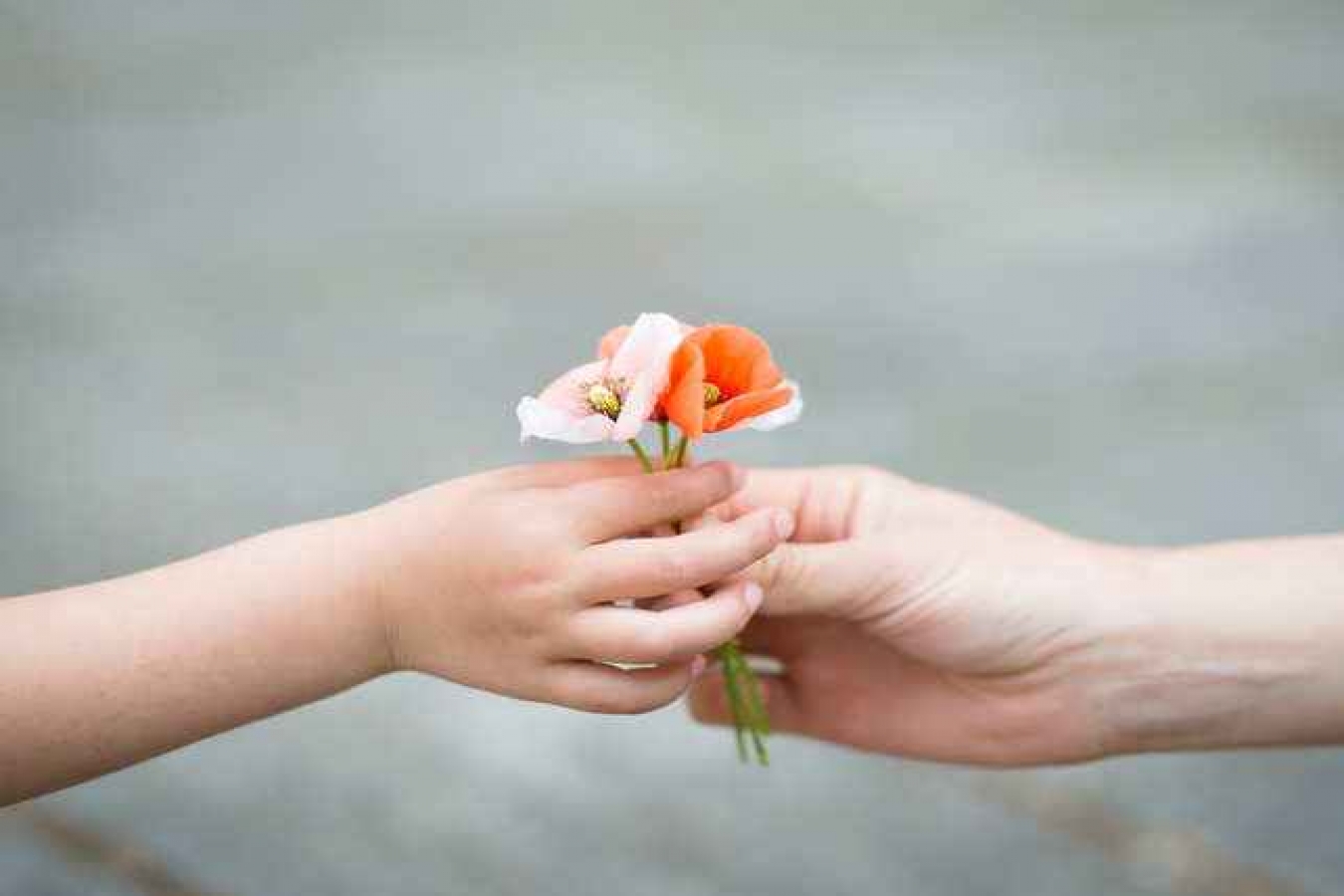


 6:29:55
6:29:55  2019-03-30
2019-03-30  1385
1385

Many people say that helping others through acts of charity or volunteer work makes them feel better and happier. New research goes further and finds that simply wishing someone well may have a similarly positive effect on our moods.
Whether it is escaping the city, going for a walk, or hanging out with our friends, we all have our strategies for reducing anxiety, coping with the stresses of modern life, or just lifting our mood.
But what role does helping others play in our well-being? Past research has confirmed that being generous makes people happier. Some studies have even pointed to specific brain areas that acts of generosity affect, suggesting that giving to others can help reduce anxiety and stress.
New research, appearing in the Journal of Happiness Studies, investigates deeper into several strategies for lowering anxiety and boosting well-being and finds that merely wishing a person well may do wonders for our mood.
Researchers Douglas A. Gentile, Dawn M. Sweet, and Lanmiao He compared the mood-boosting potential of three such strategies: loving-kindness, interconnectedness, and downward social comparison.
Douglas Gentile is a professor of psychology at Iowa State University in Ames.
The effects of 12 minutes of 'loving-kindness'
Prof. Gentile and colleagues asked college students to walk around the university building and try out one of the three strategies for 12 minutes.
The loving kindness strategy involved them looking at people and thinking: "I wish for this person to be happy." The psychologists encouraged the study participants to really mean this thought and say it to themselves with conviction.
In the interconnectedness strategy, the researchers asked the participants to look at people and wonder about what hopes, aspirations, or feelings they might share with them.
Finally, the downward social comparison strategy had the students think about how they might have a better life than the people they encountered.
Prof. Gentile and his colleagues also included a group of control students who were asked to look at people but simply focus on their physical appearance, clothing style, and so on.
Finally, the participants filled out surveys that measured their anxiety, stress, empathy, and happiness levels both before and after the experiments. The researchers compared all three groups with the control group.
The study found that of all three techniques, people who practiced loving-kindness had overall higher levels of empathy and happiness, as well as lower levels of anxiety. Wishing others well also improved the participants' sense of care and connectedness.
By contrast, the downward social comparison did not benefit mood at all and made the students feel less caring and empathetic.
The researchers explain their results. Sweet, the study's co-author, says, "At its core, downward social comparison is a competitive strategy."
"That's not to say it can't have some benefit, but competitive mindsets have been linked to stress, anxiety, and depression."
By comparison, "Walking around and offering kindness to others in the world reduces anxiety and increases happiness and feelings of social connection," says Prof. Gentile.
"It's a simple strategy that doesn't take a lot of time that you can incorporate into your daily activities," he suggests. Co-author He concurs, saying "This simple practice is valuable regardless of your personality type."
"Extending loving-kindness to others worked equally well to reduce anxiety, increase happiness, empathy, and feelings of social connection."
Lanmiao He
The study's lead author also mentions the implications that the findings may have in our digital age.
"It is almost impossible not to make comparisons on social media," says Prof. Gentile.
"Our study didn't test this, but we often feel envy, jealousy, anger or disappointment in response to what we see on social media, and those emotions disrupt our sense of well-being."
By Ana Sandoiu, Medical News Today
Reality Of Islam |
|

Researchers

A new chip-

A large inf

Choosing th
 9:3:43
9:3:43
 2018-11-05
2018-11-05
10 benefits of Marriage in Islam
 7:5:22
7:5:22
 2019-04-08
2019-04-08
benefits of reciting surat yunus, hud &
 9:45:7
9:45:7
 2018-12-24
2018-12-24
advantages & disadvantages of divorce
 11:35:12
11:35:12
 2018-06-10
2018-06-10
 6:0:51
6:0:51
 2018-10-16
2018-10-16
 8:4:21
8:4:21
 2022-01-08
2022-01-08
 7:0:55
7:0:55
 2022-05-17
2022-05-17
 6:28:21
6:28:21
 2022-12-20
2022-12-20
 7:34:7
7:34:7
 2023-02-28
2023-02-28
 7:59:14
7:59:14
 2018-06-21
2018-06-21
 8:15:37
8:15:37
 2023-02-16
2023-02-16
 2:34:48
2:34:48
 2022-01-18
2022-01-18
 5:41:46
5:41:46
 2023-03-18
2023-03-18
| LATEST |